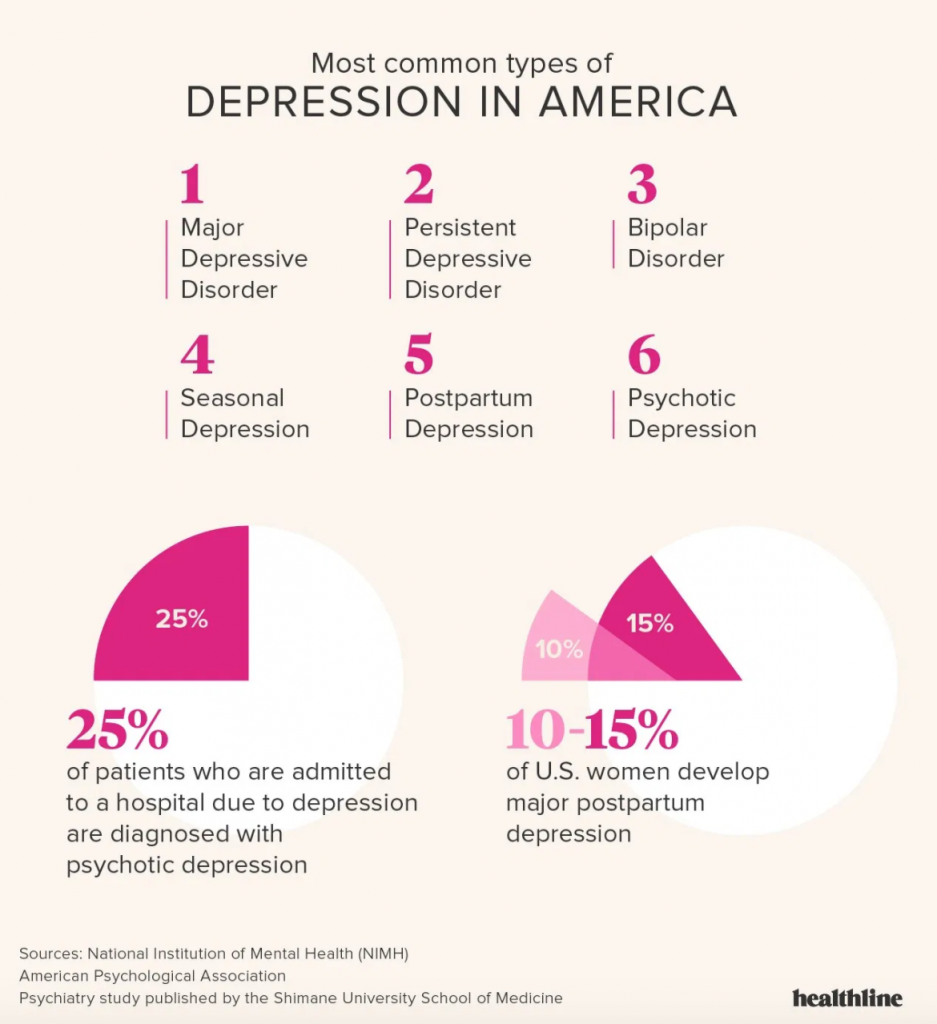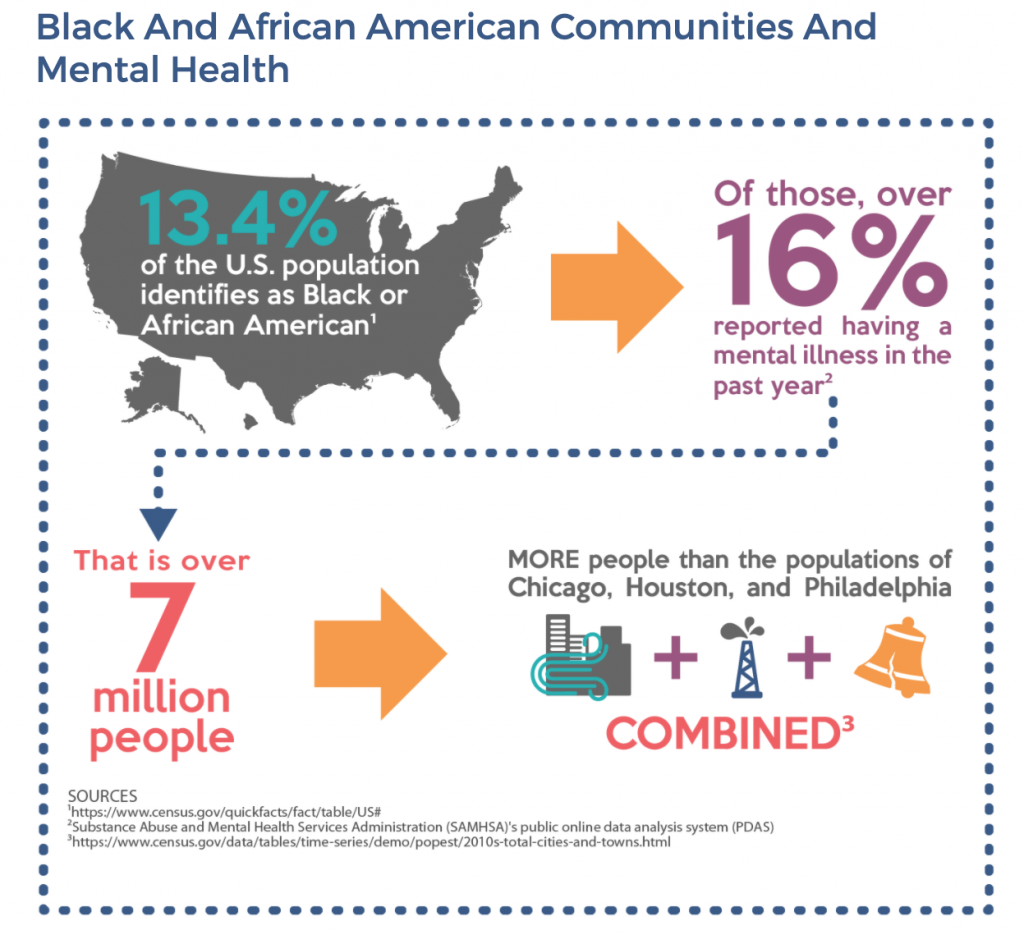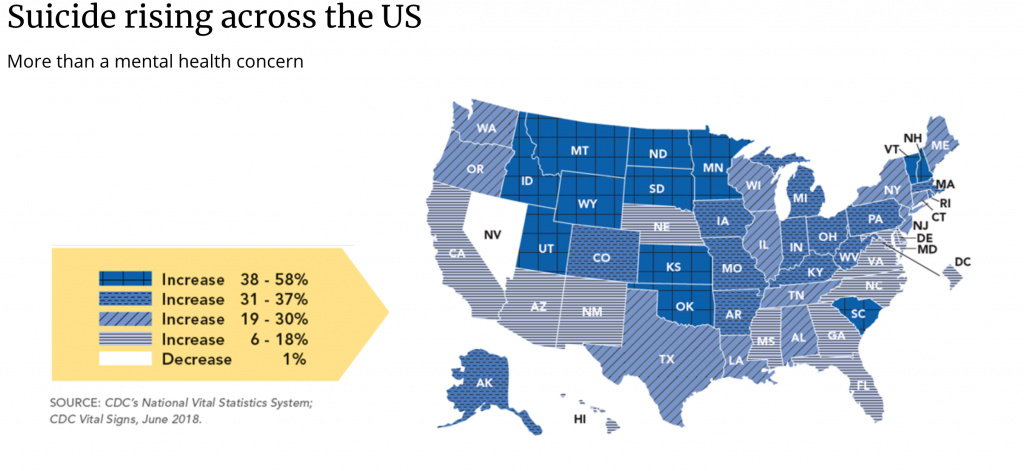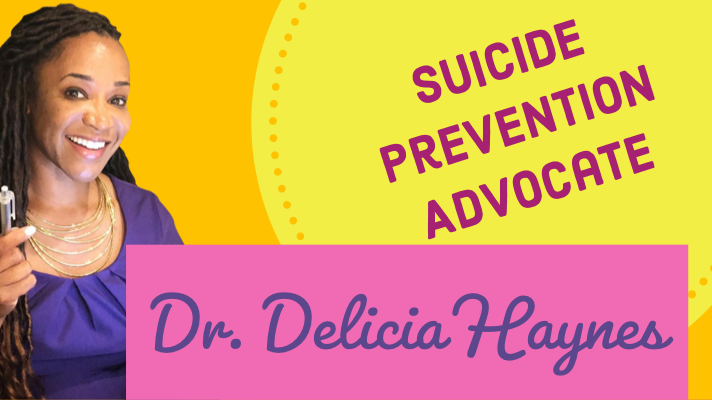We were joined by Dr. Delicia Haynes, who runs a successful Direct Primary Care clinic in Florida as our live guest on Facebook and Instagram on Saturday, September 19th at 5:30 PM CDT.
Dr. Haynes managed to fulfill a few other childhood goals of being a teacher and a lawyer — she not only advises and teaches medical students and other primary care physicians, but she also advocates for them, often speaking at conferences around the country.
If you missed this intimate and insightful session, no worries. We’ve got the full recording for you right here.
We took advantage of our focused, one-on-one time to get a look inside the role of Direct Primary Care in supporting mental health care in the U.S. much more robustly.
Read on for some fantastic takeaways, “Aha!” moments, and drops of wisdom directly from Dr. Haynes.
Sadness is a normal human emotion — depression is a serious mood disorder.
— Dr. Delicia Haynes
Takeaway #1: Sometimes, There’s no “Reason”
People feel so guilty that they’re not just “more grateful.” But Dr. Haynes is quick to stress that depression:
- Includes a prolonged period of sustained symptoms.
- Is not an absence of “being grateful.”
- Is not a character flaw, it’s chemical.
- Is absolutely treatable.
- Includes a series of up to nine symptoms, beyond just general “sadness” (such as changes to appetite, sleep patterns, loss of energy, difficulty concentrating, thoughts of self-harm, and more).

It’s difficult to convey this to certain populations — those of faith, for example, find it harder to overcome those objections or conventional perception that you can simply “snap out of it.”
Takeaway #2: Everyone is at Risk
Dr. Haynes speaks from experience because she herself had to take time out from her medical studies to deal with and treat her depression. Though it does affect “everyone,” it doesn’t affect all population equally.
For example, she cites higher cases of depression in certain populations, such as people of color or women, going undetected for a longer time.

Experiencing depression as an ailment is something that crosses economic, social, racial, and every kind of line we have.
That’s true now more than ever — if left untreated, 15% of individuals who experience depression will commit suicide.
Takeaway #3: Being an Advocate for the Direct Primary Care Model is Key to Better Mental Health Across the Country
It was only after losing her best friend to suicide that Dr. Haynes had her own “Aha!” moment: her silence on depression wasn’t helping anyone. Across the country, rates of depression and suicide are on the rise.

As a physician and a patient, Dr. Haynes had a story to tell around the disorder. And while she wrote The Dawn for medical students, many of her patients find support and strength from the information she provides and the experiences she shares in the book.
Prime among the changes she made in her life was a move to Direct Primary Care as a model of impacting the world through medicine.
So what is DPC?
- Offers same or next-day appointments
- Allows for longer one-on-one time with their doctor
- Includes virtual visits
- The payment model runs on a monthly membership. There are no copays, no deductibles, no insurance hassles
- Features only the healthcare you need, when and where you need it, simplified.
DPC gave her more one-on-one time with patients, allowed her patients to feel that they can get into a discussion about their health without feeling rushed, and helped her build a more long-term relationship with her patients.
Most especially, the DPC model allows Dr. Haynes, as a practicing expert who is always growing her skills, the time she needed to take care of herself.
“Aha!” Moment
Through DPC, patients can make an appointment specifically for a mental health check-in or visit. In contrast, the conventional model would have them coming into for a “physical” ailment and the mental component became an “oh by the way” add-on.
That makes perfect sense because, as a society we see mental health as intangible, an inconvenience, something you can think your way out of, and not as pressing or as “real” as physical issues.
The focused format of DPC appointments helps to highlight these issues before someone who is at risk is in a full-blown experience of depression symptoms.
Takeaway #4: Make Space for What Matters Intentionally
Many people who go into medicine feel that it’s a calling, says Dr. Haynes. And it’s so sad when they get burnt out from their PURPOSE in the world simply because they can’t practice it the way that’s in alignment with their values.
And this directly affects the quality of relationships between physicians and patients.
DPC essentially changes the game on all fronts:
As a physician, your lifestyle and the energy you have available to care for yourself and your patients transforms.
And as a patient, you have the space and time you need to make your mental health questions an important part of your overall well-being.

